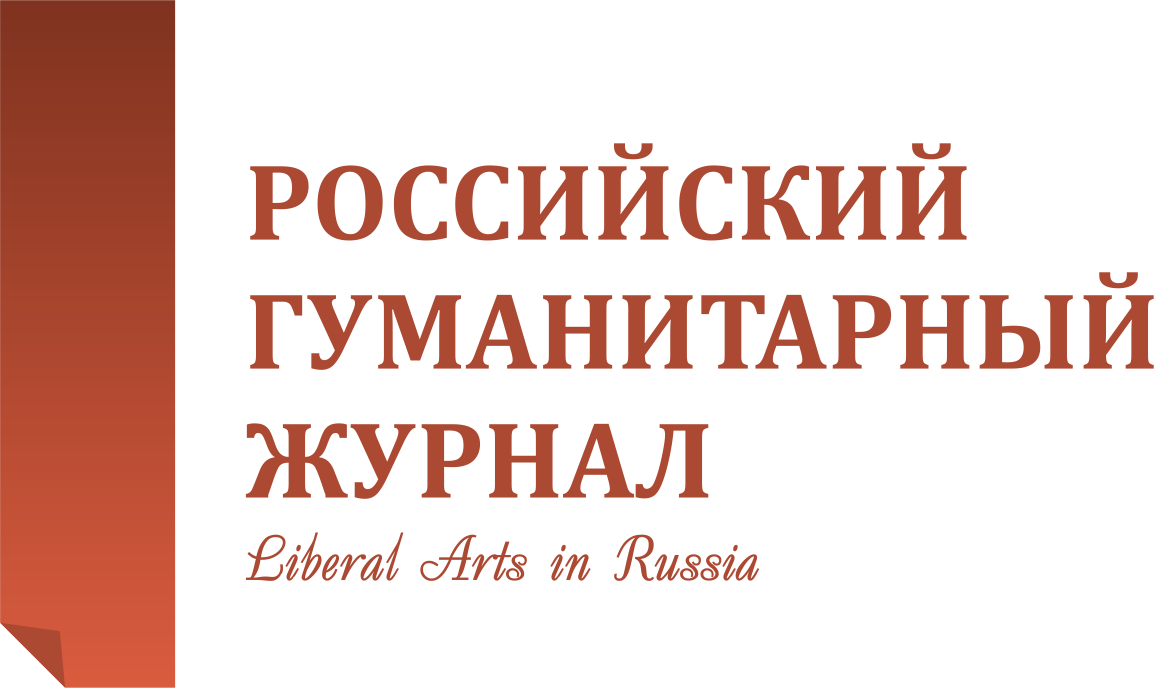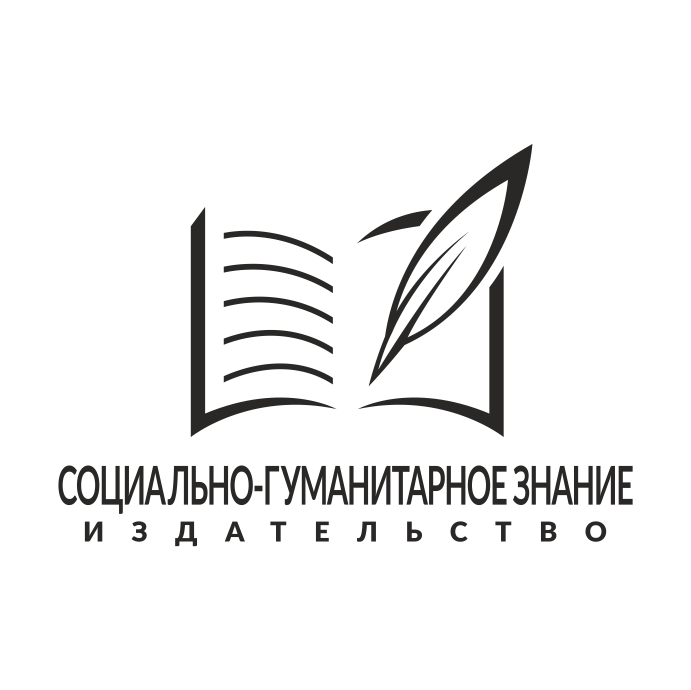О «речевых перевертышах» как свидетельстве детского эгоцентрического восприятия мира
Российский гуманитарный журнал. 2017. Том 6. №3. С. 215-222.
Скачать полный текст (Русский) Email: galdobr@peterlink.ruРезюме
В статье анализируются «речевые перевертыши» - речевые свидетельства детского («перевернутого») восприятия мира. Рассматриваются случаи восприятия мира с не соответствующей норме точки отсчета, в том числе обусловленные детским эгоцентризмом, неверным «членением» объектов действительности, особенностями инпута. Детские глагольные каузативные оппозиции также анализируются в связи с «перевернутым» мировосприятием. Делается вывод, что «речевые перевертыши» чаще всего тем или иным образом связаны с этапом эгоцентрического восприятия ребенком мира.
Ключевые слова
- • детский эгоцентризм
- • шифтеры
- • смещенная точка отсчета
- • инпут
- • каузативные оппозиции
- • children
- • egocentrism
- • shifters
- • shifted point of reference
- • input
Литература
- Доброва Г. Р. Онтогенез персонального дейксиса: автореф. дис. … д-ра филол. наук. СПб.: РГПУ им. А. И. Герцена, 2005.
- Jespersen O. Language: Its Nature, Development and Origin. London, 1922.
- Jakobson R. Shifters, verbal categories, and the Russian verb // On Language. Cambridge, Mass.: Harvard University Russian Language Project, 1990. Рp. 386-392.
- Bates E., Bretherton I., Snyder L. From first words to grammar. Individual differences and dissociable mechanisms. Cambridge, 1988.
- Budwig N. Me, my and name: children’s early systematization of form meaning and functions in talk about the self // Papers and reports on child language development. Stanford, 1985. No. 24. Pp. 30-38.
- Loveland K. A. Learning about points of view: spatial perspective and the acquisition of ’I/you’ // Journal of child language. 1984. Vol. 11. No. 3. Pp. 535-556.
- Dobrova G. The acquisition of spatial points of view as a cognitive prerequisite for the acquisition of deixis: evidence from Russian children’s speech perception and production // Psychology of Language and Communication. 1999. Vol. 3. No. 2. Pp. 73-82.
- Charney R. Speech roles and the development of personal pronouns // Journal of child language. 1980. Vol. 7. No. 3. Pp. 509-528.
- Chiat S. Context-specificity and generalization in the acquisition of pronominal distinctions // Journal of child language. 1981. Vol. 8. No. 1. Pp. 75-91.
- Chiat S. Personal pronouns // Language acquisition (studies in first language development). Cambridge, 1986. Pp. 339-355.
- Ragnarsdottir H. The acquisition of kinship concepts. A cross-linguistic study // Language and thought in development: Cross-linguistic studies. Tübingen: Günter Narr Verlag, 1996. Pp. 73-94.
- Haviland S. E. , Clark E. V. This man’s father is my father’s son’: a study of the acquisition of English kin terms // The onthogenesis of meaning. Weisbaden: Akademische Verlagsgesellschaft Athenaion, 1979. Pp. 225-252.
- Пиаже Ж. Речь и мышление ребенка. М., 1994.
- Доброва Г. Р. Языковой протест как одно из проявлений метаязыковой деятельности - почему не у всех детей? // Проблемы онтолингвистики-2012: Мат-лы науч. конф. М., 2012. С. 467-473.
- Цейтлин С. Н. Очерки по словообразованию и формообразованию в детской речи. М.: Знак, 2009.


